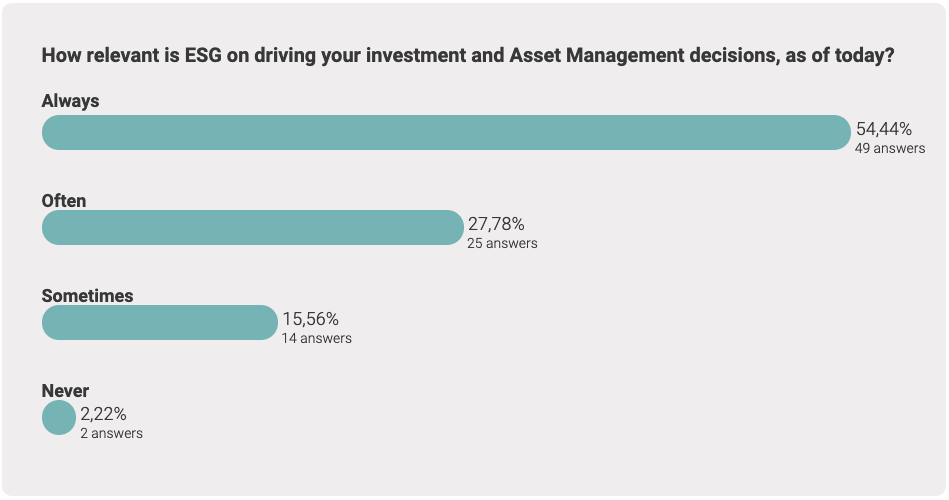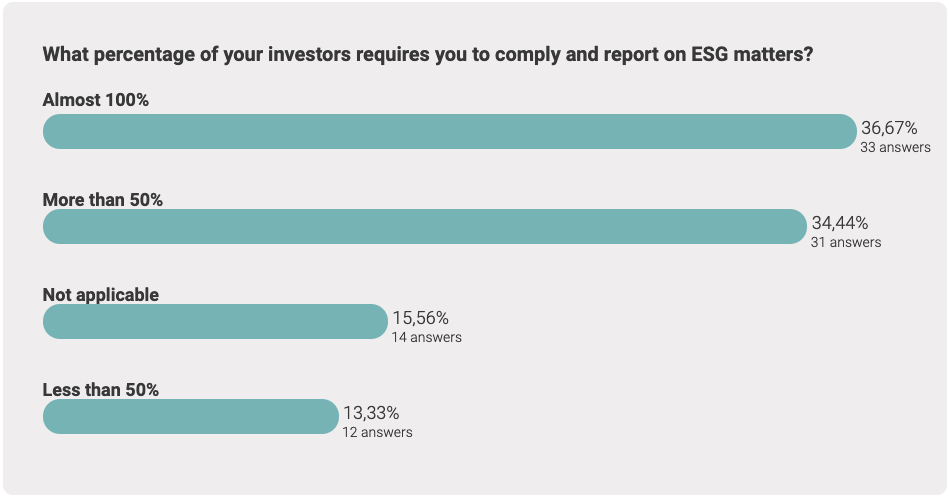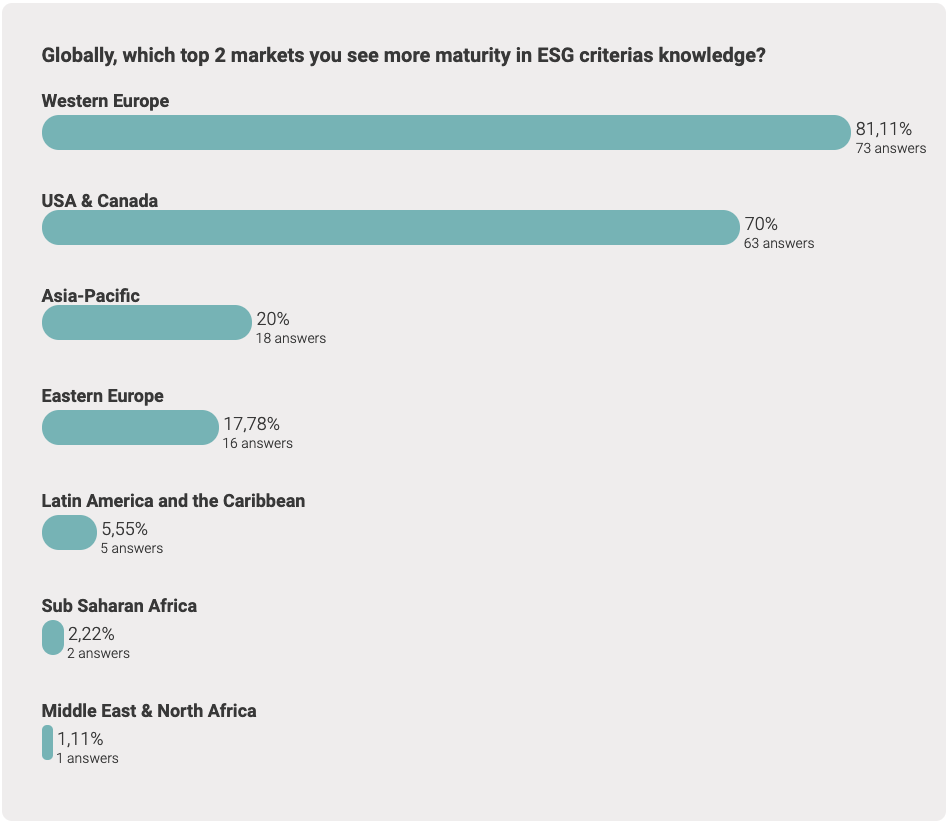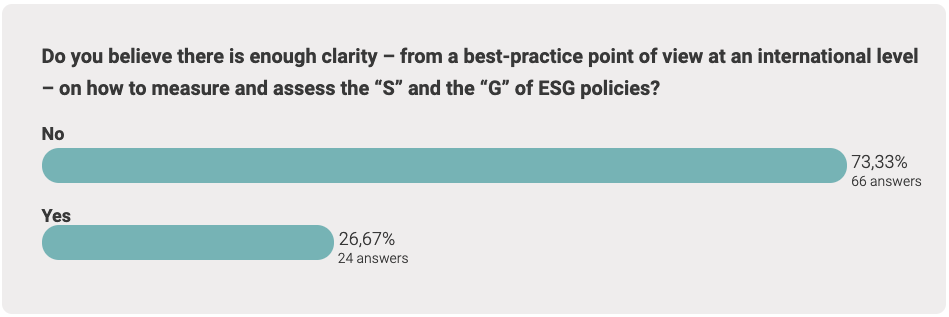 Credit: chuyu 2014 / Envato
Credit: chuyu 2014 / EnvatoGRI Barometer: most infrastructure investments are already ESG-based
On the other hand, it is still difficult to assess conformity with social and governance criteria
7 de junho de 2021Infraestrutura
The ESG acronym (environmental, social and governance) is already known to all players in the infrastructure industry. To support the debates at the GRI ESG Global eSummit, GRI Club conducted a survey with sector leaders around the world to identify how influential such commitment really is in business today.
The survey had four questions about ESG, which were answered by 90 key executives. Just over half of them stated that sustainability criteria are always highly considered whenever investments are to be made, while only 2% indicated that they still don’t take them into consideration at all.

The greatest concern about ESG lies also on the reporting side given that keeping track of good practices is also a way to ensure attractiveness. One third of respondents said that almost 100% of their investors require them to conform with sustainability criteria. Another one-third indicated that the number is over 50%.

Companies and investments located in Western European countries lead in terms of maturity level when it comes to knowledge and ESG criteria application, chosen by 81% of the respondents. The USA and Canada come in second, with 70% (executives were asked to indicate two top markets).
The Middle East and North Africa are the least advanced regions in terms of infrastructure sustainability, according to the GRI Barometer. Sub Saharan Africa comes next, being appointed by only 2% of the executives. Latin America and the Caribbean countries were also low voted (5%). See all regions in the chart below.

Despite the large debate on this subject nowadays, 73% of executives believe that there is still not enough clarity on how to measure and assess social and governance of ESG policies, which shows that environmental issues still prevail when it comes to ESG.

Por Henrique Cisman
The survey had four questions about ESG, which were answered by 90 key executives. Just over half of them stated that sustainability criteria are always highly considered whenever investments are to be made, while only 2% indicated that they still don’t take them into consideration at all.

The greatest concern about ESG lies also on the reporting side given that keeping track of good practices is also a way to ensure attractiveness. One third of respondents said that almost 100% of their investors require them to conform with sustainability criteria. Another one-third indicated that the number is over 50%.

Companies and investments located in Western European countries lead in terms of maturity level when it comes to knowledge and ESG criteria application, chosen by 81% of the respondents. The USA and Canada come in second, with 70% (executives were asked to indicate two top markets).
The Middle East and North Africa are the least advanced regions in terms of infrastructure sustainability, according to the GRI Barometer. Sub Saharan Africa comes next, being appointed by only 2% of the executives. Latin America and the Caribbean countries were also low voted (5%). See all regions in the chart below.

Despite the large debate on this subject nowadays, 73% of executives believe that there is still not enough clarity on how to measure and assess social and governance of ESG policies, which shows that environmental issues still prevail when it comes to ESG.

Por Henrique Cisman



